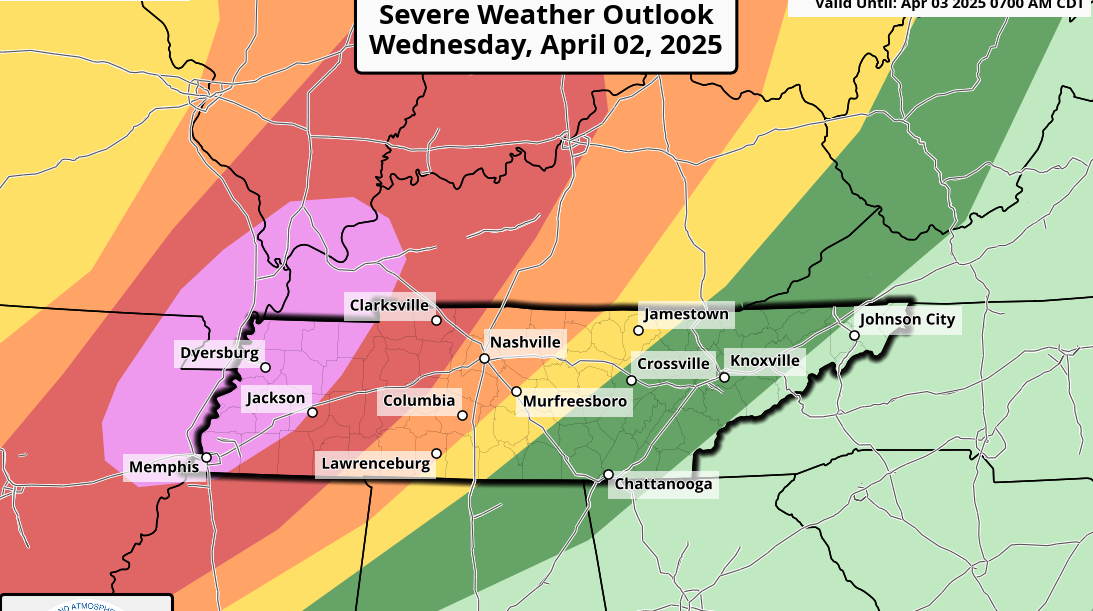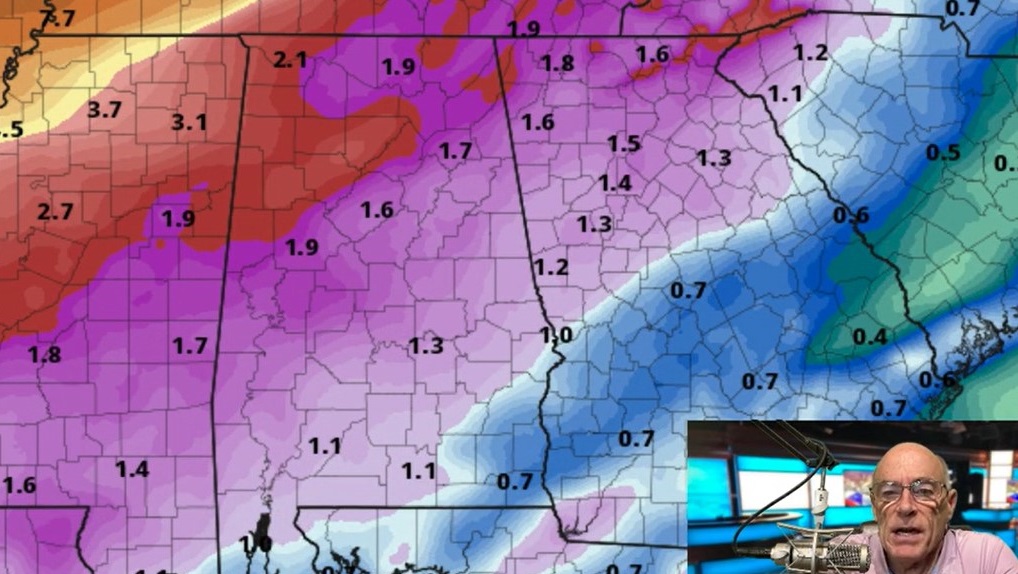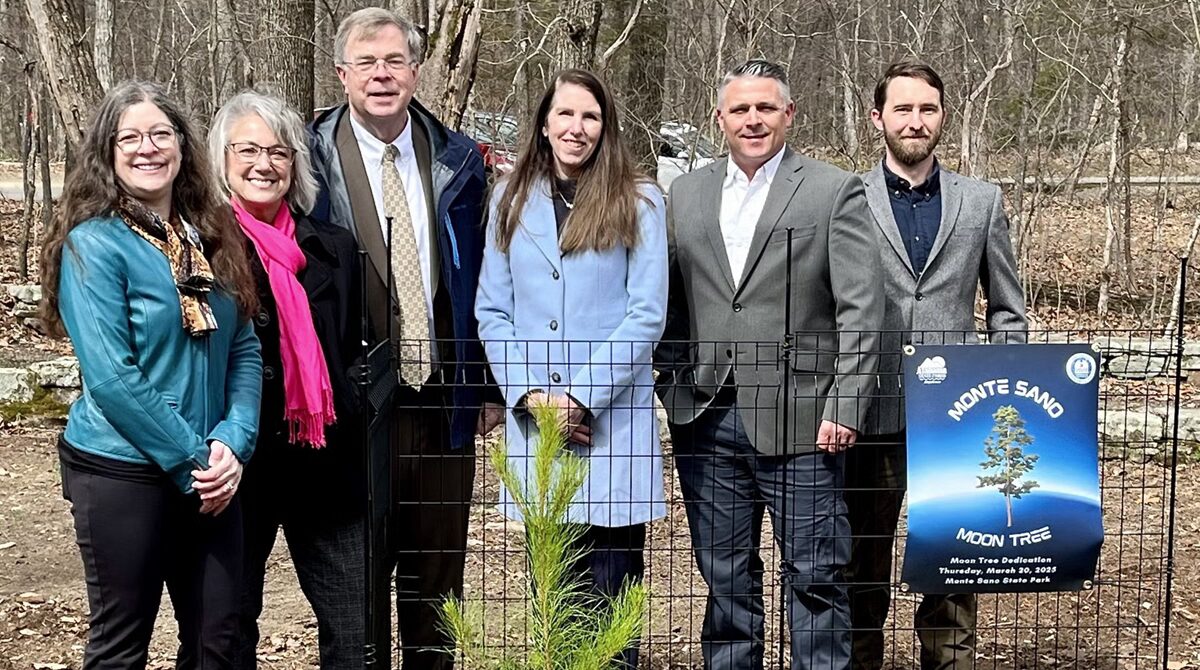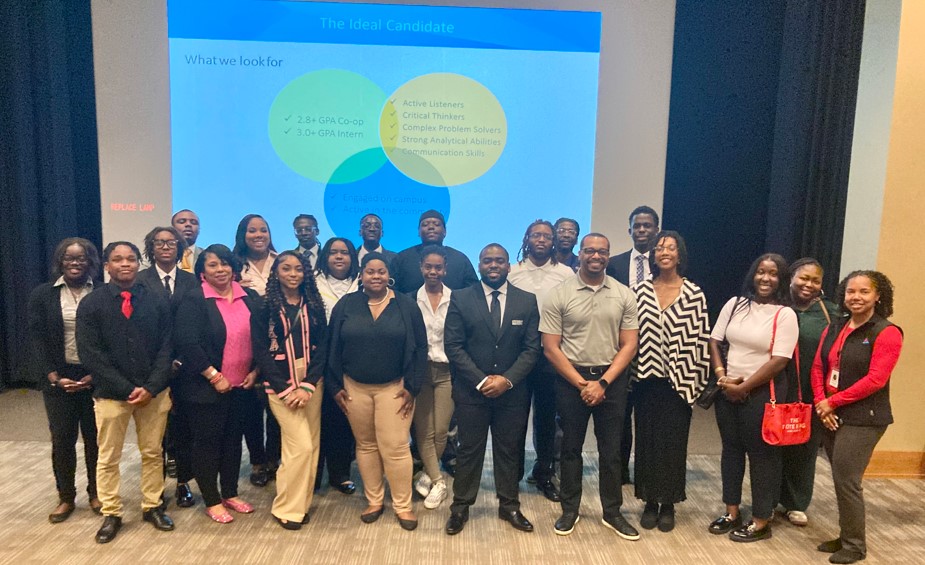The Marengo County town of Jefferson illustrates the power of unity with annual barbecue
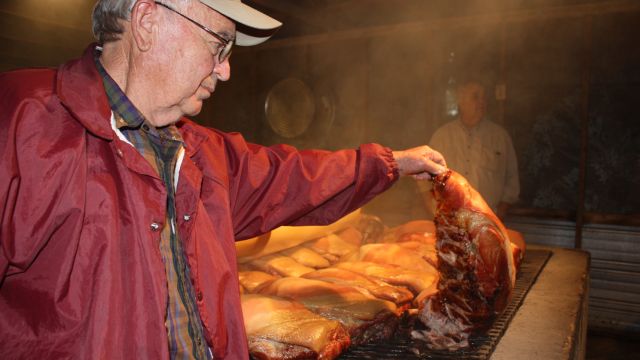
O'Neal Parker throws a hickory slab on the fire. Coals from the fire are shoveled into the pit under the pork shoulders while they simmer for about 24 hours.
Could barbecue be the bond that holds a community together? That might be a bit of a stretch. But in the small Marengo County crossroads known as Jefferson, it certainly is something the community rallies around.
As it has for almost 50 years on the third Saturday in April with the azaleas and wildflowers in bloom and the trees gushing new greenery, the Jefferson Community Club held its annual barbecue.
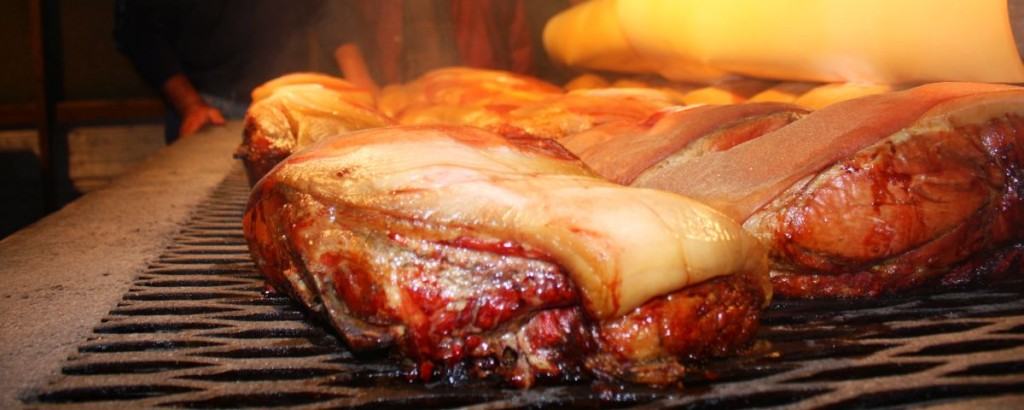
The community lies about 10 miles southwest of Demopolis centered on a sandy ridge where Alabama Highway 28 passes through. Downtown consists of a couple of stately churches, an old wooden country story, a fairly new fire station and the club’s clubhouse along with a scattering of houses.
“This is our big event of the year,” said Wayne Baker, president of the club this year. “It’s just about down to a science now, but it still takes every hand we can get to make sure the day goes off without a hitch and that everybody who comes to support us gets to have a good meal and a good time with their friends.”
The Marengo County town of Jefferson illustrates the power of unity with annual barbecue from Alabama NewsCenter on Vimeo.
At 7 a.m. on Friday, the day before the barbecue, a truck loaded with 2,200 pounds of pork shoulders – Boston butts – grinds to a stop outside the old white wooden former schoolhouse that serves as the clubhouse. A fire fed with hickory is already burning as club members unload the precious freight.
Soon it will be stacked piece by piece on a concrete pit next to the clubhouse constructed just for this purpose.
“We are excited about barbecue weekend,” Baker said. “It takes a lot of hard work to prepare, and we’re all exhausted by the end of the day, but we love it because we get to see people that we haven’t seen since this time last year, and we really enjoy working together as a community. We like to eat a little barbecue, too.”
The barbecue is the club’s main fundraiser. It uses the money to keep up its clubhouse and provide community service by lending aid to the community’s Baptist and Methodist churches and its volunteer fire department.
The club was established in 1953 under the guidance of the Alabama Cooperative Extension System with support from Liberty National Life Insurance. Rural community clubs were scattered throughout Alabama and the extension system used them to educate members and promote improvements to quality of life.
The clubs competed against each other in typical rural contests such as canning, agriculture, baking, crafts, community service and more. In any competition, Jefferson’s goal was to beat its rival Gallion, a small community east of Demopolis.
But rural life changed. Some rural communities dwindled and disappeared. Others became more bedroom communities for nearby towns than rural farming communities. One by one, their community clubs disappeared. Jefferson is the last in the area.
In fact, long-time cooperative extension system employees at Auburn University weren’t even aware that these clubs had existed.
“I’ve been here 26 years and I’ve never heard of that,” one remarked.
Often, when something outlives its intended purposes, it outlives its usefulness. But not the Jefferson Community Club. As the club’s contest rivals disappeared, it continued its activities and refocused its efforts on fellowship and community service.
Members can’t recall ever canceling one of the club’s scheduled monthly meetings. Usually about 35 people gather at the clubhouse on the last Thursday of each month. There have been times when the crowd dwindles to less than 20 but 80 to 100 may attend its annual fish fry.
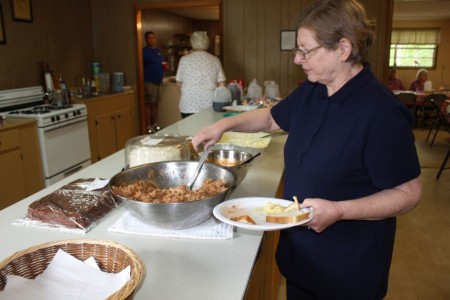
A diner comes for a second helping.
“Why did Jefferson Community Club continue all its other efforts of service and fundraising, when the main reason for sticking together no longer existed? I think it’s just a drive, a sense of hospitality, a deep-rooted love for community that has been passed through the generations,” said Betsy Compton, who, at 31 years old is one of the club’s youngest members. “It’s what we do as a family, related or not. We all were raised with the understanding that we were to give to our community and share the responsibility with our neighbors.”
Modern life has not passed Jefferson by. Many of the club’s members work at the nearby paper mill rather than farm. Compton commutes daily to an administrative post at the University of West Alabama in nearby Livingston. But the club is an important link to the community’s traditions and values that she treasures. It’s one of the reasons she reopened and operates the old country store after it closed for about a year.
“My personal goal as a member is for my generation to understand the value of the club within the community and also the benefit of being part of a group like this because of the ways it helps us grow as citizens,” Compton said. “It’s added a whole other dimension to my life that is like a mix of family members that you work with to run a business with, in a way.”
The barbecue is a perfect example of what Compton means. The men build the fires and tend the meat as it simmers over the hickory coals all day Friday and through the night. Club member Douglas Peteet stands near a gigantic, cast iron pot and supervises cooking the tangy sauce that is the barbecue’s signature. Apprentices O’Neal Parker and David Compton stir it with a boat paddle.
A smoky haze hangs over the shed where the pit is. Beneath long sheets of paperboard, the meat simmers over coals from a fire burning outside. Buddy Lindsay lifts the paper and picks up one of the shoulders to see how it’s cooking.
Every so often, the men tending the meat add shovelfuls of coal beneath it. The meat cooks all day Friday and through the night until Saturday morning.
“We all fight for the midnight shift,” Parker said with a smile.
Once the meat is done it must be chopped and doused with the sauce.
Meanwhile, the women labor most of the week over mounds of potato salad and bake mouthwatering homemade desserts, including that Southern specialty, caramel cake with cooked icing.
“The Jefferson Barbecue happens rain or shine,” Baker said. “We’ve had years when it was cold and windy, and other years when we had to run the A/C on high, but we’re ready, no matter what.”
For $9, diners can enjoy an all-you-can-eat buffet, take home a carry out plate or buy barbecue by the pound. Peteet’s sauce is available in pints with his likeness on the label.
Times have changed and in some cases diminished rural communities. Jefferson has changed some with the times, but it endures nonetheless thanks to residents who are determined not to see their way of life disappear. And maybe some really good barbecue had something to do with it, too.





